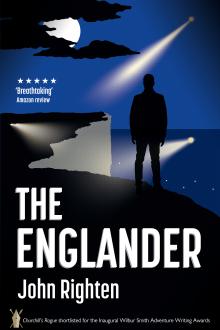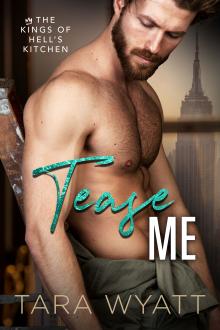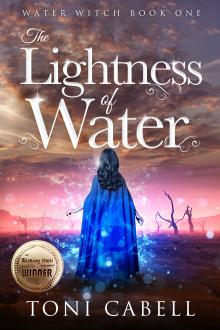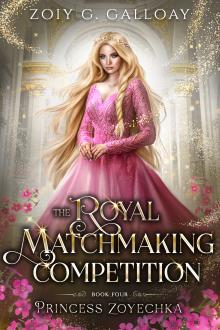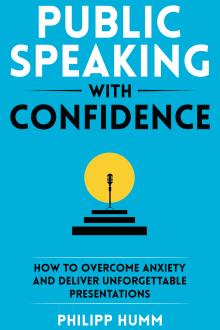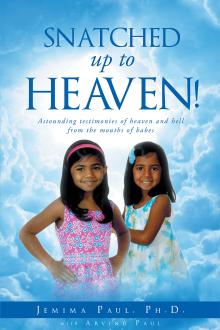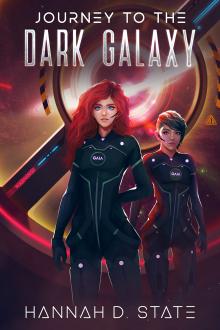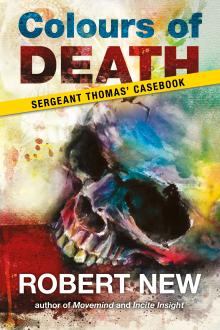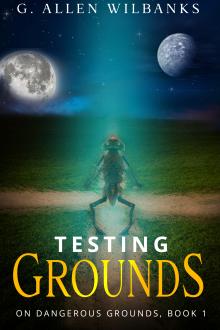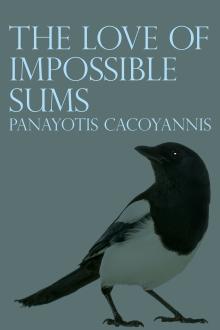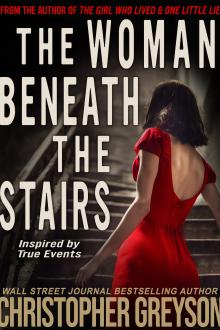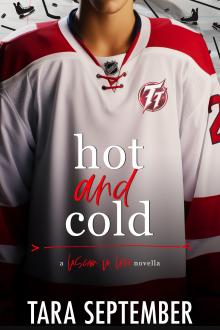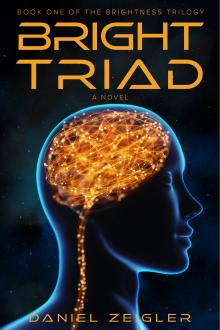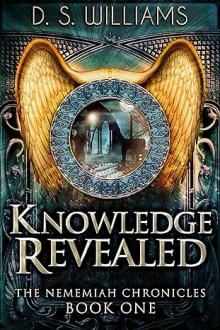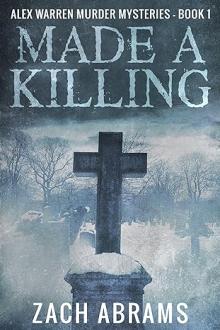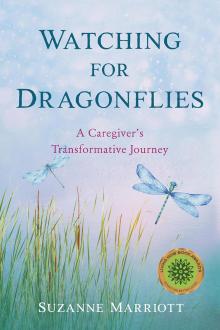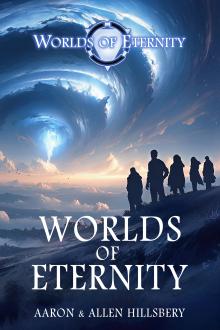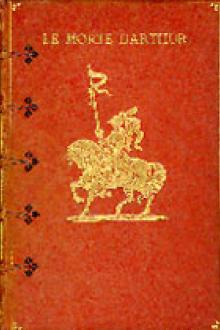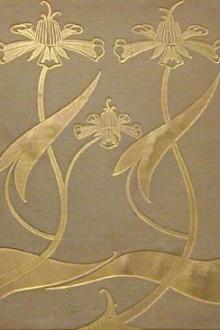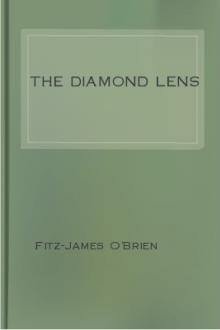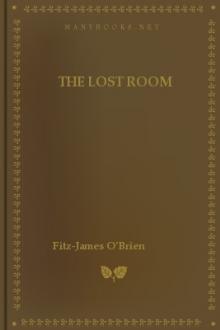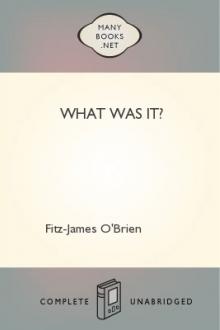The Diamond Lens
The Diamond Lens
Book Excerpt
Chapter 3
: THE SPIRIT OF LEEUWENHOEK.
TWO evenings after this, thanks to an arrangement by letter and the promise of an ample fee, I found Madame Vulpes awaiting me at her residence alone. She was a coarse-featured woman, with a keen and rather cruel dark eye, and an exceedingly sensual expression about her mouth and under jaw. She received me in perfect silence, in an apartment on the ground floor, very sparsely furnished. In the centre of the room, close to where Mrs. Vulpes sat, there was a common round mahogany table. If I had come for the purpose of sweeping her chimney, the woman could not have looked more indifferent to my appearance. There was no attempt to inspire the visitor with any awe. Everything bore a simple and practical aspect. This intercourse with the spiritual world was evidently as familiar an occupation with Mrs. Vulpes as eating her dinner or riding in an omnibus.
"You come for a communication, Mr. Li
FREE EBOOKS AND DEALS
(view all)Popular books in Science Fiction, Pulp, Fiction and Literature
Readers reviews
2.0
LoginSign up
Through a spiritist medium, a microscopist is told by Antonie van Leeuwenhoek (Father of Microbiology, 1632-1723) a secret from the grave: to use a diamond as lens of his microscope. The microscopist gets a huge diamond from a jew (who had previously stolen it in Brazil), and examines a water drop. He is amazed at the discovery of a fascinating, lovely, incredibly beautiful, microscopic woman ! The Diamond Lens is a delicious story, although it has more fantasy than Science. It was published in the Atlantic Monthly in 1858. Fitz James O'Brien (1828-1862) is praised as a precursor in the milestone book Science Fiction by Gaslight (Sam Moskowitz, 1971). Some of his stories of Scientific Romance (all published in 1858-9) are: The Lost Room, From Hand to Mouth, The Wonder Smith, and What Was It? (A Mystery). In spite of some unfair negative review, Fitz James O'Brien deserves an unbiased reading, mainly because his work is placed between those of Poe and Verne, and because it has influenced later writers.
- Upvote (0)
- Downvote (0)
Few manuscripts represent as much a waste of time as this one. The translator should be ashamed of the time spent on it.
02/07/2014
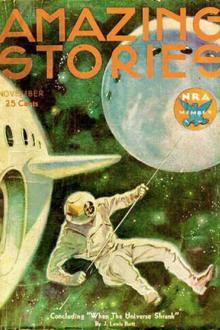
 Free Download
Free Download